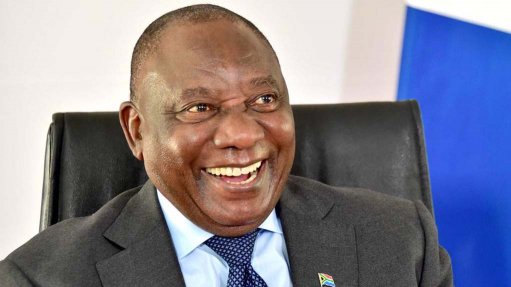
President Cyril Ramaphosa
President Cyril Ramaphosa was vindicated on Thursday when the Constitutional Court (ConCourt) found that he did not mislead Parliament regarding donations made to the CR17 campaign that saw him successfully run for president of the African National Congress.
The court dismissed the appeal brought by Public Protector Busisiwe Mkhwebane.
She appealed last year's Gauteng High Court decision that set aside her report into Ramaphosa’s campaign, in which she said Ramaphosa had misled Parliament about a R500 000 donation from Bosasa and had personally benefitted from the campaign.
In its ruling, the High Court said it did not believe Mkhwebane had the jurisdiction to investigate the CR17 campaign funding and further found that her findings had material errors in law.
In the ConCourt ruling on Thursday, Justice Chris Jafta affirmed that the President did not wilfully mislead Parliament and added that Mkhwebane was "wrong on the law and the facts".
The ConCourt set aside the Public Protector's decision to investigate and report on the CR17 campaign and also set aside the report's findings and remedial orders. Mkhwebane was ordered to pay punitive costs on the application.
Jafta also said that the evidence on record shows the President did not personally benefit from the CR17 campaign, adding that Mkhwebane was not authorised to investigate whether the President personally benefitted from donations made to the CR17 campaign.
“Section 4 of the Members Act mandates the Public Protector to investigate violations of the [Ethics] Code only if there is a complaint by one of the persons listed in the section and the complaints received by her did not require her to investigate the President’s failure to disclose benefits derived from the CR17 campaign donations. Where the exercise of public power depends on the existence of certain conditions, such power cannot be validly exercised in the absence of those conditions,” Jafta said.
However, Deputy Chief Justice Mogoeng Mogoeng dissents with the majority judgment. He believes the President has an obligation to reveal donors.
On allegations of money laundering in the Public Protector's report, Jafta said evidence on the report did not support the claim that the president as involved in any illegal activities that could bring about the claim of money laundering.